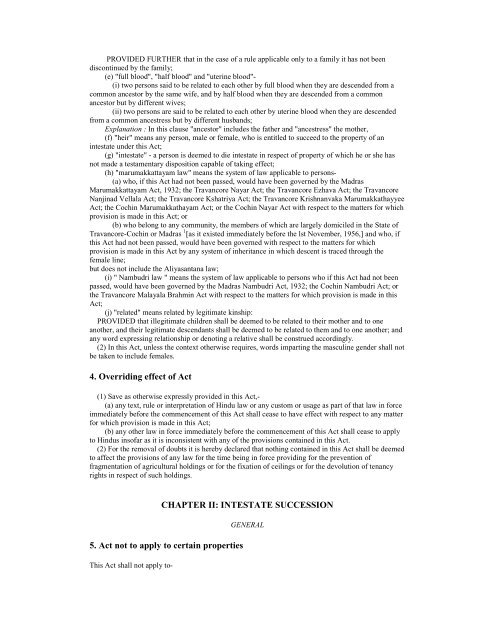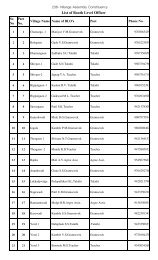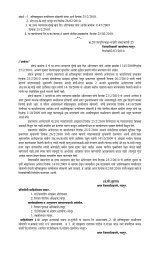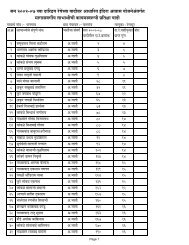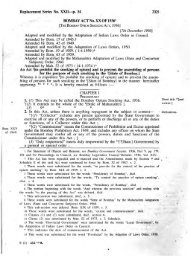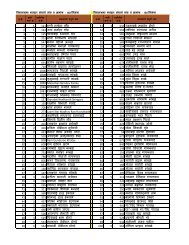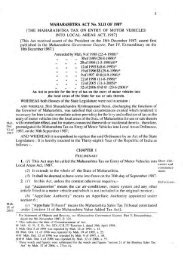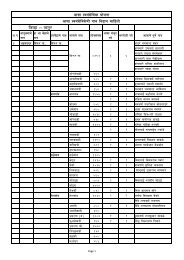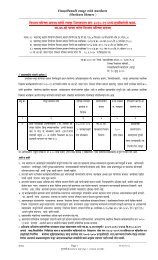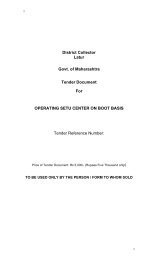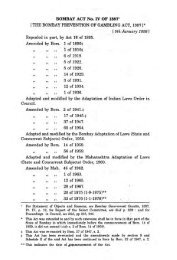PROVIDED FURTHER that in the case of a rule applicable only to a family it has not beendiscontinued by the family;(e) "full blood", "half blood" and "uterine blood"-(i) two persons said to be related to each other by full blood when they are descended from acommon ancestor by the same wife, and by half blood when they are descended from a commonancestor but by different wives;(ii) two persons are said to be related to each other by uterine blood when they are descendedfrom a common ancestress but by different husbands;Explanation : In this clause "ancestor" includes the father and "ancestress" the mother,(f) "heir" means any person, male or female, who is entitled to succeed to the property of anintestate under this Act;(g) "intestate" - a person is deemed to die intestate in respect of property of which he or she hasnot made a testamentary disposition capable of taking effect;(h) "marumakkattayam law" means the system of law applicable to persons-(a) who, if this Act had not been passed, would have been governed by the MadrasMarumakkattayam Act, 1932; the Travancore Nayar Act; the Travancore Ezhava Act; the TravancoreNanjinad Vellala Act; the Travancore Kshatriya Act; the Travancore Krishnanvaka MarumakkathayyeeAct; the Cochin Marumakkathayam Act; or the Cochin Nayar Act with respect to the matters for whichprovision is made in this Act; or(b) who belong to any community, the members of which are largely domiciled in the State ofTravancore-Cochin or Madras 1 [as it existed immediately before the lst November, <strong>1956</strong>,] and who, ifthis Act had not been passed, would have been governed with respect to the matters for whichprovision is made in this Act by any system of inheritance in which descent is traced through thefemale line;but does not include the Aliyasantana law;(i) " Nambudri law " means the system of law applicable to persons who if this Act had not beenpassed, would have been governed by the Madras Nambudri Act, 1932; the Cochin Nambudri Act; orthe Travancore Malayala Brahmin Act with respect to the matters for which provision is made in thisAct;(j) "related" means related by legitimate kinship:PROVIDED that illegitimate children shall be deemed to be related to their mother and to oneanother, and their legitimate descendants shall be deemed to be related to them and to one another; andany word expressing relationship or denoting a relative shall be construed accordingly.(2) In this Act, unless the context otherwise requires, words imparting the masculine gender shall notbe taken to include females.4. Overriding effect of Act(1) Save as otherwise expressly provided in this Act,-(a) any text, rule or interpretation of Hindu law or any custom or usage as part of that law in forceimmediately before the commencement of this Act shall cease to have effect with respect to any matterfor which provision is made in this Act;(b) any other law in force immediately before the commencement of this Act shall cease to applyto Hindus insofar as it is inconsistent with any of the provisions contained in this Act.(2) For the removal of doubts it is hereby declared that nothing contained in this Act shall be deemedto affect the provisions of any law for the time being in force providing for the prevention offragmentation of agricultural holdings or for the fixation of ceilings or for the devolution of tenancyrights in respect of such holdings.CHAPTER II: INTESTATE <strong>SUCCESSION</strong>GENERAL5. Act not to apply to certain propertiesThis Act shall not apply to-
(i) any property succession to which is regulated by the Indian Succession Act, 1925, by reason ofthe provisions contained in section 21 of the Special Marriage Act, 1954;(ii) any estate which descends to a single heir by the terms of any covenant or agreement entered intoby the Ruler of any Indian State with the Government of India or by the terms of any enactment passedbefore the commencement of this Act;(iii) the Valiamma Thampuran Kovilagam Estate and the Palace Fund administered by the PalaceAdministration Board by reason of the powers conferred by Proclamation (IX of 1124) dated 29thJune, 1949, promulgated by the Maharaja of Cochin.6. Devolution of interest of coparcenary propertyWhen a male Hindu dies after the commencement of this Act, having at the time of his death an interestin a Mitakshara coparcenary property, his interest in the property shall devolve by survivorship uponthe surviving members of the coparcenary and not in accordance with this Act:PROVIDED that, if the deceased had left him surviving a female relative specified in class I of theSchedule or a male relative specified in that class who claims through such female relative, the interestof the deceased in the Mitakshara coparcenary property shall devolve by testamentary or intestatesuccession, as the case may be, under this Act and not by survivorship.Explanation I: For the purposes of this section, the interest of a Hindu Mitakshara coparcener shall bedeemed to be the share in the property that would have been allotted to him if a partition of theproperty had taken place immediately before his death, irrespective of whether he was entitled to claimpartition or not.Explanation 2: Nothing contained in the proviso to this section shall be construed as enabling a personwho has separated himself from the coparcenary before the death of the deceased or any of his heirs toclaim on intestacy a share in the interest referred to therein.7. Devolution of interest in the property of a tarwad, tavazhi, kutumba, kavaruor illom(1) When a Hindu to whom the marumakkattayam or nambudri law would have applied if this Acthad not been passed dies after the commencement of this Act, having at the time of his or her death aninterest in the property of a tarwad, tavazhi or illom, as the case may be, his or her interest in theproperty shall devolve by testamentary or intestate succession, as the case may be, under this Act andnot according to the marumakkattayam or numbudri law.Explanation : For the purposes of this sub-section, the interest of a Hindu in the property of atarwad, tavazhi or illom shall be deemed to be the share in the property of the tarwad, tavazhi or illom,as the case may be, that would have fallen to him or her if a partition of that property per capita hadbeen made immediately before his or her death among all the members of tarwad, tavazhi or illom, asthe case may be, then living, whether he or she was entitled to claim such partition or not under themarumakkattayam or nambudri law applicable to him or her, and such share shall be deemed to havebeen allotted to him or her absolutely.(2) When a Hindu to whom the aliyasantana law would have applied if this Act had not been passed,dies after the commencement of this Act, having at the time of his or her death an undivided interest inthe property of a kutumba or kavaru, as the case may be his or her interest in the property shall devolveby testamentary or intestate succession, as the case may be, under this Act and not according to thealiyasantana law.Explanation : For the purposes of this sub-section, the interest of a Hindu in the property of kutumbaor kavaru shall be deemed to be the share in the property of the kutumba or kavaru as the case may be,that would have fallen to him or her if a partition of that property per capita had been madeimmediately before his or her death among all the members of the kutumba or kavaru, as the case maybe, then living, whether he or she was entitled to claim such partition or not under the aliyasantana law,and such share shall be deemed to have been allotted to him or her absolutely.(3) Notwithstanding anything contained in sub-section (1), when a sthanamdar dies after thecommencement of this Act, sthanam property held by him shall devolve upon the members of thefamily to which the sthanamdar belonged and the heirs of the sthanamdar as if the sthanam propertyhad been divided per capita immediately before the death of the sthanamdar among himself and all themembers of his family then living, and the shares falling to the members of his family and the heirs ofthe sthanamdar shall be held by them as their separate property.


